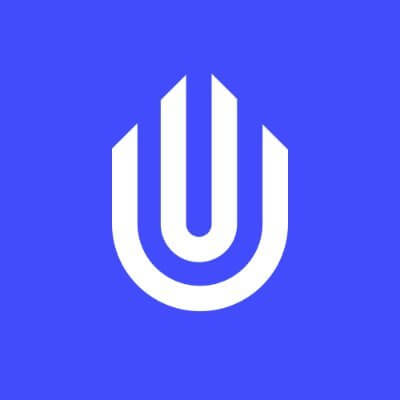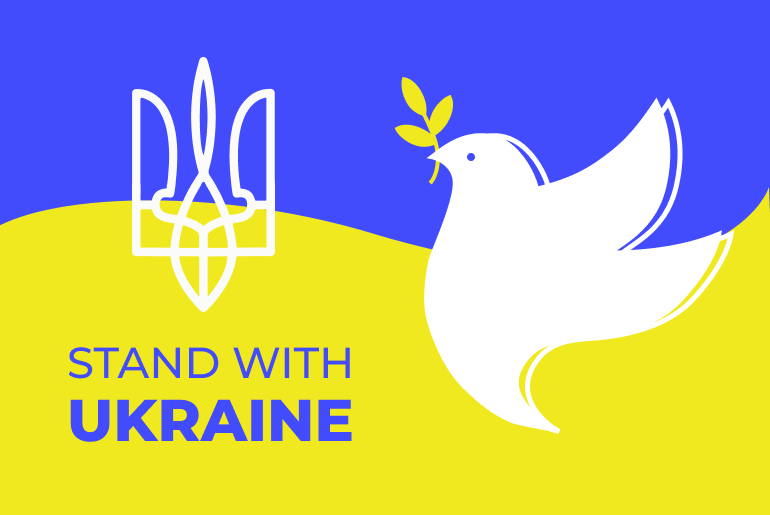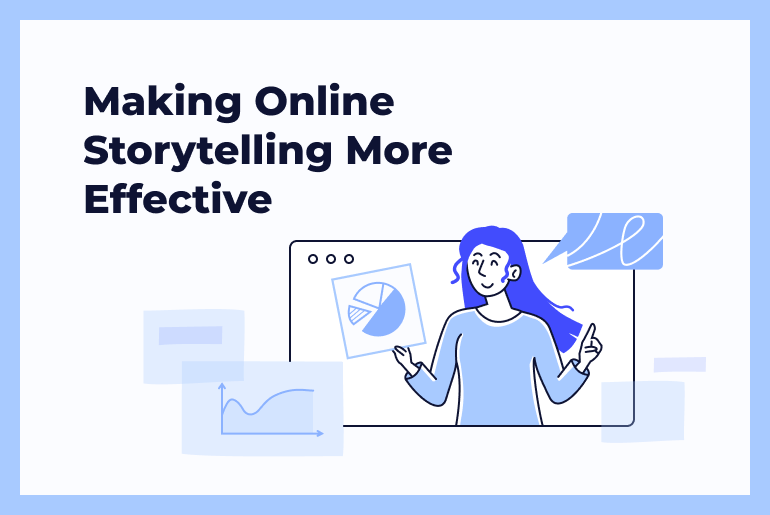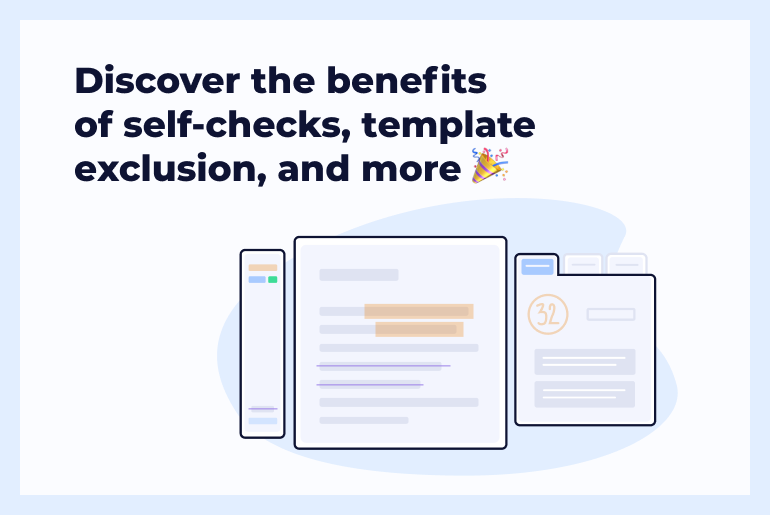What makes a successful scientist or academic? Research findings, contributions made, or a deep understanding of what’s being researched? It seems to be everything, and we know the type of person who can meet them.
For just under 20 years, Dr. Thomas Lancaster’s been studying academic integrity and how to nurture and preserve it. He’s been recognized for his strong commitment to inventing plagiarism detection methods as well as ways to avert the risks of contract cheating. His research led to him and Robert Clarke creating the first published material that emphasized the many dangers of contract cheating.
Dr. Thomas Lancaster completed a thesis, Effective and Efficient Plagiarism Detection, collaborated with international academic integrity councils, delivered multiple keynote presentations and webinars, and still initiates research and public activities with equal enthusiasm.
In our interview with Thomas, we ran through the most burning questions: how to ensure students feel educators’ support in the online environment, what may encourage and motivate them, how plagiarism detection has transformed, and a few more. Proceed to explore his observations.
Unicheck: Due to the lockdown, many educators were forced to transform their learning process. One of the major questions that popped up was “how to grade students with integrity.” This is what your recent webinar was about. Have you found an adequate solution?
Thomas: We didn’t need to adjust our practices as a result of the pandemic, but many universities had to make very swift, unplanned changes. That meant things like taking an exam, which was going to be done face to face, and having that completed in the students’ own accommodation without any formal supervision.
In many cases, exams will be “open book,” so students could look at notes, but we’ve seen challenges alongside that from a contract cheating point of view that included students who have had people ready and waiting to answer those questions for them often over the internet—or students colluding with one another and sharing answers.
If we’re going to continue to use the exams, we need to look at online systems to support those and make it easier for staff to mark and to ensure consistency. We’re allowed the tracking of analytics for students as well to see how well different students are doing. We should use plagiarism prevention technology to see if students are copying their answers from one another, and we need to be alert to note sharing sites or contracting services that students can use.
We need to set a different style of exam—one which requires more emphasis on students applying their knowledge using critical thinking, rather than just regurgitating facts.
We may need to think more about using coursework assignments, rather than just assuming exams will work online.
Unicheck: What extra skills should educators develop to assist their students with remote learning and motivate them to keep going?
Thomas: Students feel isolated, which can lead to wider mental health challenges for them. They often don’t feel like they have an opportunity to ask questions about academic work, particular subjects, etc. So, having regular one-to-one checkpoints with students with a personal tutor would be priceless.
At the same time, we need to be looking at extending the current reach of mental health support for students. We’re not expecting all academics to be mental health specialists, but knowing who the support services are that students can use to get help with are incredibly important.
In terms of academic support, regular Q&A sessions should be provided and supported by online teaching in the form of videos. Now, students are given activities to work through in their own time.
That may not always be convenient, particularly when students are distributed over different time zones.
And I think we should involve students in our learning and planning process as much as possible to try and find out what they feel will work best for them because we don’t want the student voice to be lost as a result of the pandemic.
Unicheck: You’ve been studying the problem of plagiarism for more than 20 years, and you’ve contributed greatly to raising academic integrity through your PhD thesis, Effective and Efficient Plagiarism Detection. What has changed in plagiarism detection since then?
Thomas: I finished my PhD back in 2003. At the time, there wasn’t a huge amount of work done detecting plagiarism in textual documents like essays or written reports.
As I was working on the technical side and also looking at how to make plagiarism detection systems more used by humans, other firms were developing their own solutions. And I guess the biggest change over that time has been the reliance of some students on material they can find on the internet.
Firms have now become very good at detecting copy-and-pasted plagiarism. They’re able to deal with big data, to scan what can turn out to be millions of documents.
Academics are getting better at understanding how to use those systems, but there are still challenges out there where sometimes people just want a number to say how plagiarized something is, which is not a good way of thinking about things because texts can be similar to documents for perfectly legitimate reasons.
We’ve also seen an alternative approach taken by some students, which is contract cheating, getting a third party to produce work for them. That means that the system, which just scans the web and looks for similar words, is no longer effective. Students get original writings, and they, therefore, don’t match the existing text in a database.
This field is getting better, but what is not changed enough is preparing for the new challenges and the new types of both unintentional and intentional breaches of academic integrity.
Unicheck: What can encourage educators and students to join the academic integrity movement? Are there any proven tactics?
Thomas: Getting academics and students involved in thinking about academic integrity is tough. First, it’s one of these areas like ethics, where it sounds like it’s the right thing to do, but people don’t always know what exactly it means. We need to get discussions about academic integrity going from when students join their course—right from Welcome Week, from the induction materials.
This includes helping them with activities, like how to write and reference correctly. Also, that knowledge has to be reinforced throughout the course.
What we don’t want is to be in the position where sometimes students think, “Oh, this lecturer cares about academic integrity, so we need to reference properly. This lecturer has not mentioned it, so we don’t need to do anything. We will just take shortcuts.”
If we can, we need to be having new ethical compensations with students because sometimes doing the right thing isn’t always a black and white area—it can have unintended consequences.
For example, in my recent work, I’ve looked at the people who are supplying commercial contract cheating services. They often turn out to be based all across the world, but the evidence out there proved that many of them came from Kenya, an economy where getting in a bit of extra money from students makes a big difference to those writers’ lives, how well they survive and thrive. So if we were to close off that opportunity for income to those writers, then we’re going to make their living much more difficult. There are always consequences that come from cheating and breaching academic integrity.
We have to be having those discussions and involving the academic staff in the movement as well, because they’re the people who we want students to look upon as role models.
Unicheck: Students usually learn everything related to originality and academic integrity at higher education institutions. Is it the right time, or should it be taught much earlier?
Thomas: We should be speaking to and working with staff at younger levels to discourage students from copying the homework on Wikipedia.
In Dubai, students are required to complete “show and tell” types of science projects, and they come in with very elaborate displays. They might be making a model of a volcano that erupts things that really should be completely impossible for those children, but the teachers then reward something which is clearly not the children’s own work.
It’s essential to get children to acknowledge the external help, which could be their parents or other family members.
So yes, we do need to bring these conversations in much earlier. So that when students arrive at university, academic integrity isn’t a completely alien concept to them.
Unicheck: Nowadays, there are a lot of edtech providers aiming to ease the work of educators. Which ones are capable of tackling the problem with contract cheating?
Thomas: It’s worth considering all the options out there in the marketplace, but as of yet, there’s been no independent comparison of how well these technologies work.
I would encourage the providers to contribute to that kind of study. So, that can be a fair and independent comparison of what they offer.
Some commercial providers have now started to pair up with the university researchers and get them to essentially release studies that show their product works in certain capacities, which may be an option for other providers to consider as well.
The research on how best to detect contract cheating is still ongoing. And I don’t think there will be a single solution that works perfectly. Yet, I hope that we see improvements in this over the next few years.
But we also need to get universities on board to use this type of technology. Until it becomes widely used, we can’t find out what the flaws are in the technology using contract cheating detection technology.
Unicheck: What should we be doing now to bring up a generation of critical thinkers?
Thomas: Critical thinking is a tough concept to define. It will mean different things to different students in different courses. It’s something that has to be taught, and we have to have a framework for students to apply critical thinking.
We have to get them to compare knowledge to the value of information and its accuracy. We must also see other utilitarian motives presenting this information in a certain way since many have material motives. The way they present things in academic research might be explained by the goal to get it mentioned in a certain academic journal.
Research is still valued, particularly in my field—Computer Science Information—but it quickly becomes outdated because the whole field moves on fast.
So, what may have been considered the best practice 20 years ago may not be the best practice now, but it is about bringing that level of critical thinking. I guess this goes back to something I said earlier on.
As we’ve moved activity online, we can’t just set assignments that rely on students regurgitating knowledge, which can be quickly looked up and copy-pasted. We have to look at the activity. By doing so, we’re also encouraging them to write their own work and build them up towards Masters or PhD-level study. Something that’s very important, as well these days, is to understand fake news and what people are trying to present to us.
PS: For those of you who want to explore the full capacity of a technology reducing contract cheating attempts, send your request to Unicheck. You’ll be granted access to our beta-product, Emma, an AI-driven assistant that can help you verify authorship.





